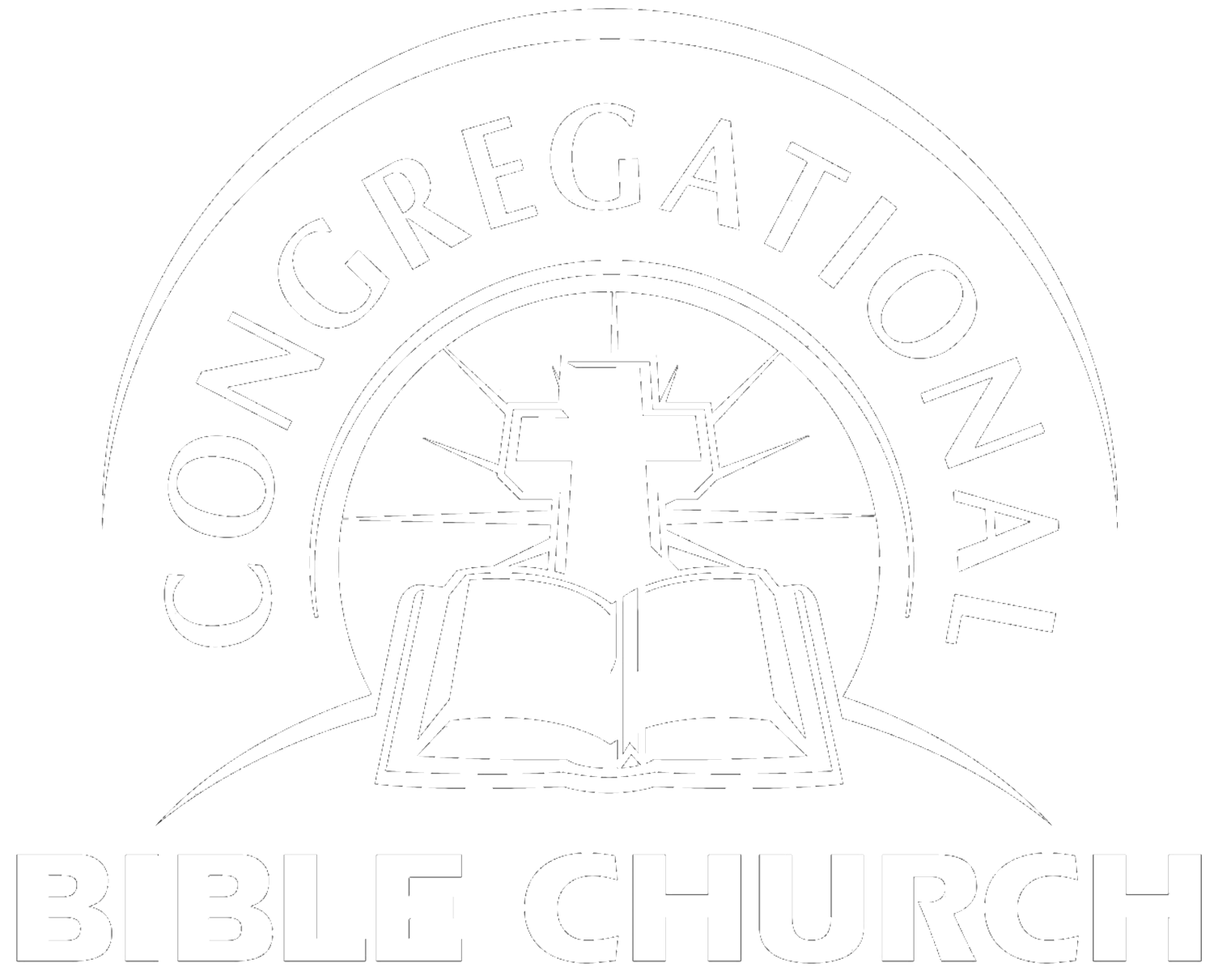Our culture seems to have a sneaking suspicion when it comes to people in positions of authority. We are laden with distrust and cynicism when a leader makes promises or declarations. This suspicion has crept into the church in regards to how people view the leaders of the church. Sometimes elders are viewed with the same suspicion as boards or politicians. If the leaders are Biblically qualified, this shouldn’t be the case.
I’ve titled this month’s characteristic of a healthy church ‘Qualified Leadership’ because that is exactly what the Bible mentions as the requirements for leadership. For a man to serve in leadership in the church, he must meet the requirements laid out in the New Testament. He must be qualified. The requirements are found listed in 1 Timothy 3:1-7 and Titus 1:5-9. A casual glance through those two passages show us that the list of requirements are all character issues. There is no requirement about what abilities he must possess, or his leadership savvy, or his position in the community, or his success in business, or his vision for the future. All of those things would make a great leader on the world stage, but those talents and abilities have nothing to do with leadership in the church. The main criteria is his Christian character.
The overall feel of the character of Christian leadership can be summarized in a few ways. First, he ‘must be above reproach.’ Notice that the Scripture says he ‘must’ be above reproach. This is not an option. Being above reproach is really the absolute, fundamental, requirement for church leadership. It does not mean that he is sinless, but it does mean that there is no blatant sin or stain on his character. To have something to accuse him of would be hard to find. In reality, all of the other requirements just further define what ‘above reproach’ is. Second, he is a man of self-control. In the areas of sexuality, speech, passions, vices, and behavior. Third, he is a man of gentleness. Words like ‘gentle,’ ‘peaceable,’ ‘not pugnacious,’ and ‘not quick-tempered’ highlight this area. Last, he must be a man uncontrolled by money. It is interesting that in both lists a warning about inappropriate relations to money is mentioned. This cannot be ignored.
The only requirement that could be seen as a certain ‘ability’ in the two lists is the ability to teach (1 Timothy 3:2). The issue here is being able to effectively communicate the Word of God to His people. Even something like being able to teach is really a spiritual giftedness though, not necessarily a learned skill. Being able to teach means that the elder must have a sufficient grasp of the message of the Bible in order to teach it to God’s people. In fact, the seriousness of this ability is found in Titus 1:9, where the elder needs to be able to ‘exhort in sound doctrine and refute those who contradict.’ The elder has to know enough doctrine and theology to be able to build up the people of God spiritually and be able to identify, even correct, false doctrine.
How many leaders should the church have? How long should they serve? I would refer back to the qualifications to answer both of those questions. However many men meet the qualifications should be elders, however long they stay qualified is how long they should remain elders. The foundational question that must be asked of any possible elder is: is the man qualified? If he meets the qualifications, then further discussion of possible eldership can continue. If he does not meet the qualifications, he cannot be considered as an elder.
Why is qualified leadership such a big deal? Why not just select the men who have been Christians the longest or those who are very influential and leaders in the community? Qualified leadership is important for various reasons. First, the Lord commands it. Those lists in 1 Timothy and Titus are not options, they are requirements. In no way can we redefine or ignore the Lord’s commands. Second, these men are required to ‘shepherd the flock’ (Acts 20:28; 1 Peter 5:1-2). There is a different character needed for a shepherd of God’s flock, versus a president of a board or a committee. One is a spiritual enterprise, the other is not. A spiritual entity requires a spiritual man. Third, these elders are supposed to be the examples that the church follows, as 1 Peter 5:3 makes clear. The people don’t necessarily need good leaders to follow, they need godly leaders to follow.
What if you are not an elder or never seek to be an elder? How does this relate to you? Well, first things first, there is nothing in the lists of 1 Timothy 3 and Titus 1 that is not normal Christian behavior. Everyone in the church should be striving for that type of spiritual maturity. But also, the church is required to ‘obey and submit’ to their elders (Hebrews 13:17). It is important for the church to have qualified leadership who truly have the highest of spiritual character in order for the church to joyfully submit to them. Wouldn’t it be easy to follow the guidance and leadership of men who truly stand ‘above reproach’?
While not considered a big deal in some churches, qualified leadership is an absolute necessity for a healthy church.
Pastor Mark Scialabba


